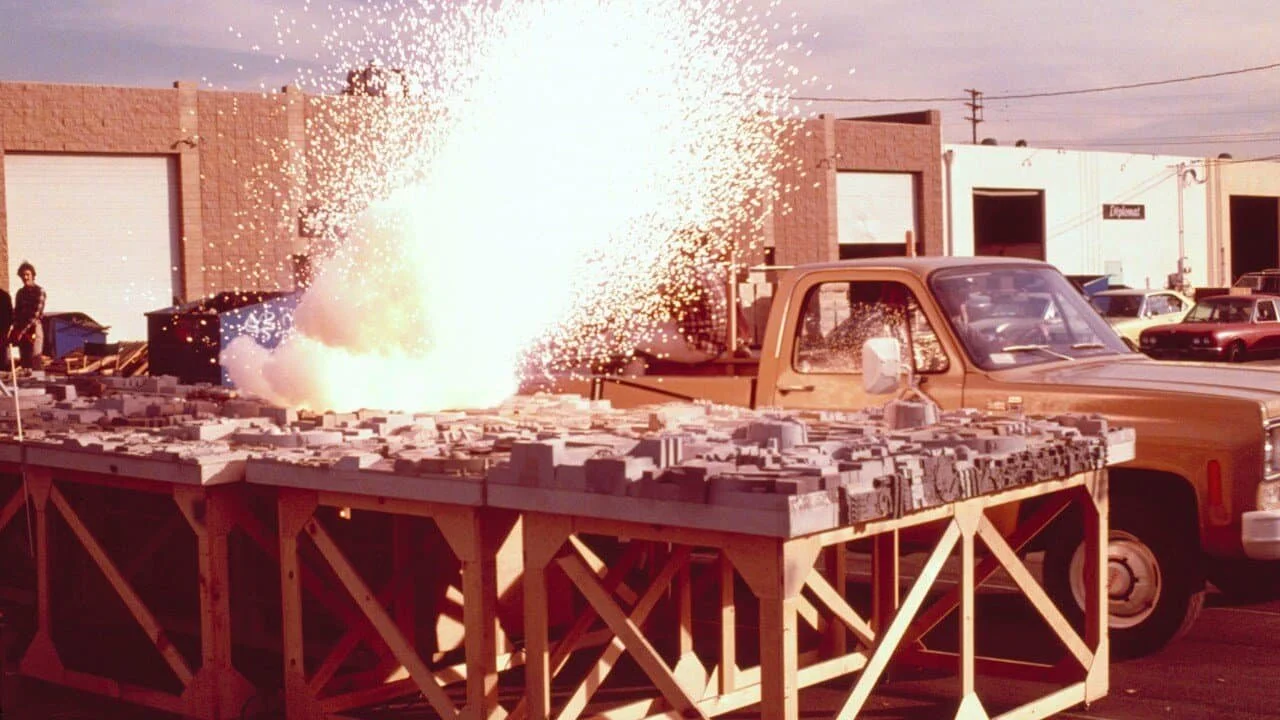Labor Disputes With Hollywood Studios Extends Overseas As South Korean Actors Push For Better Pay
Image Source: CultureSlate
Hollywood has been in turmoil as first the WGA, then SAG-AFTRA, went on strike when discussions fell through with the AMPTP. Wanting better residuals and protections against AI, the AMPTP failed to meet the demands of both unions. This discourse has had an effect elsewhere, with the Korea Broadcasting Actors Union now trying its hand at getting a better deal. Specifically from the South Korean branch of Netflix.
The actors union has long had similar concerns as South Koren writers and production workers. That Netflix is profiting from underpaying its actors, with no sign of residuals being given. In a statement, Netflix said that it follows all local laws and regulations. And, because it is a streaming service and not a broadcaster, there is no requirement for it to pay residuals.
RELATED:
The streamer has recently announced it would be investing heavily in South Korean content, with an additional $2.5 billion being used to acquire additional Korean content over the next several years. Having invested in Squid Game, a South Korean original that quickly became Netflix’s most-watched series, it would be in the interest of Netflix to claim more success from the country. But the actors want to see their part in that success fairly compensated. Netflix is unwilling to engage the unions of South Korea.
Image Source: IMDB
Those famed names, the star actors, get a large share of the payments from Netflix, while the majority of supporting actors are left without residuals and premiums, and are paid per-episode rates. Rates that start at around $300. Rates that are based on network television pay where a single series would likely have over 20 episodes. Those on Netflix rarely reach 10.
The other issue facing these supporting actors is the length of a shoot for a single episode lasts. A typical Korean network show would take one or two days. Meanwhile, those of Netflix not only last longer, but are more labor-intensive. Even without the additional compensation, actors are expected to be present for however long an episode takes to film.
In one complaint the Korean actors union received, up to 15 shoots were requested by the production company for a single episode while barely increasing the pay that actor would receive. Such meant the actor effectively worked for several days unpaid. The union has requested that Netflix grant South Korean performers the same residuals as US actors under SAG-AFTRA agreements.
READ NEXT:
Source: LA Times














